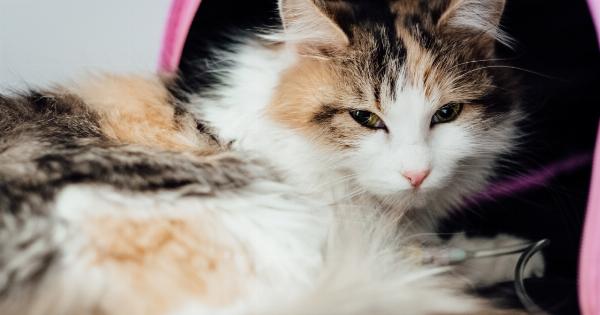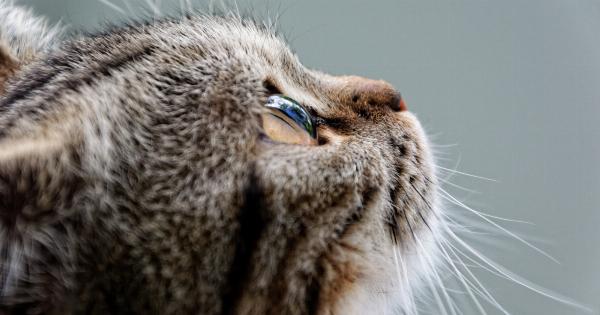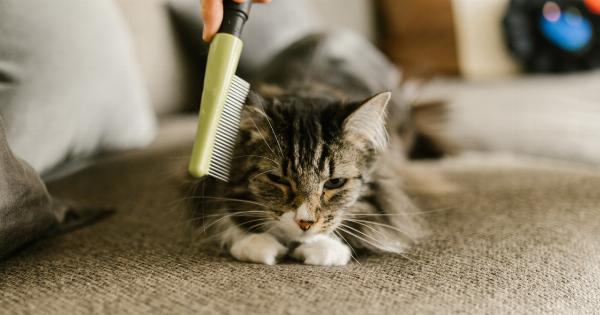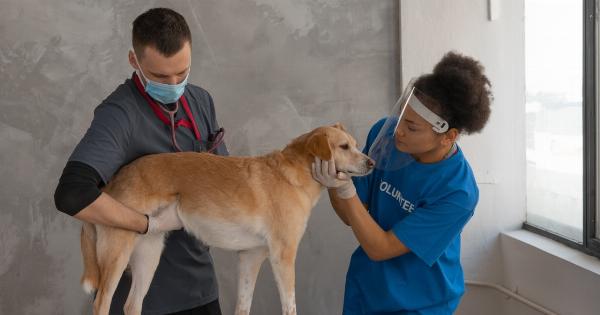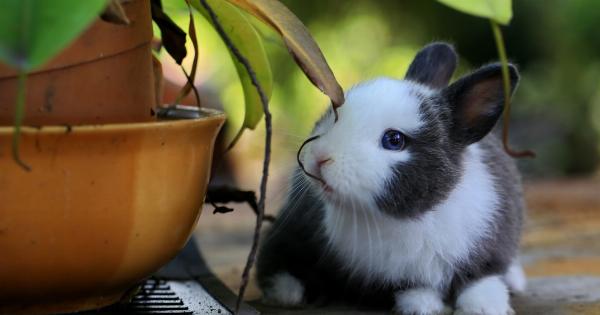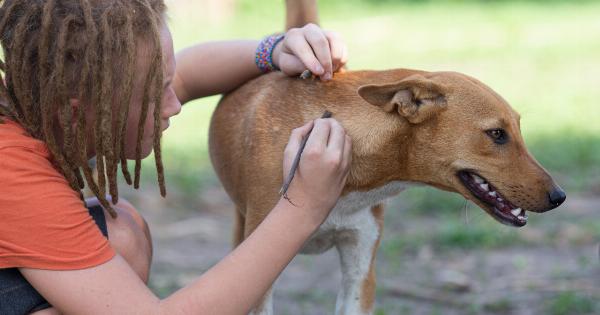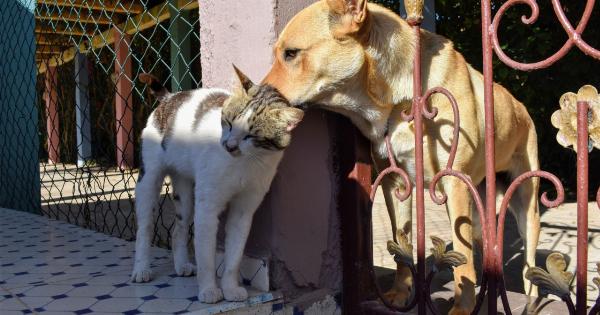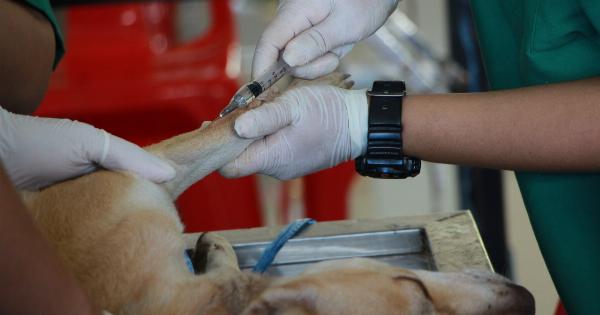Cats are known for their independent nature and ability to hide any discomfort or pain. They may not be able to communicate with words, but they communicate with their body language and behavior.
As a cat owner, it’s crucial that you pay close attention to the signs that your cat may be unwell. Here are ten signs that your cat may be sick:.
1. Loss of Appetite/Weight Loss
If your cat suddenly loses interest in food or experiences a decreased appetite, it could be an indication that they are unwell. Significant weight loss is also an alarming sign that should not be taken lightly.
Some common reasons for this are dental problems, gastrointestinal issues, and urinary tract infections.
2. Changes in Litter Box Behavior
Changes in your cat’s litter box habits can be one of the first indications that something is wrong.
If your cat suddenly starts avoiding the litter box or experiencing difficulties using it, it could be an indication of an underlying health issue such as bladder infections or urinary tract infections. In some cases, these changes can also be a result of stress or anxiety that your cat may be experiencing.
3. Unusual Vocalizations
Cats are known for being quiet creatures, so any unusual vocalizations should be a red flag.
If your cat suddenly starts meowing excessively or howling, it is essential to observe any other unusual behavior to determine if they are experiencing any pain, discomfort, or stress. Unusual sounds may also indicate issues with their respiratory system and require immediate veterinary care.
4. Changes in Sleeping Habits
Cats love to sleep, and it’s normal for them to rest for long periods. However, if you notice changes in their usual sleep patterns, it could indicate an underlying issue.
If your cat starts sleeping more than usual or having troubles sleeping, it could be an indication of an underlying health issue, such as arthritis or other pain-related disorders.
5. Changes in Activity Levels
Active cats that suddenly become inactive or lethargic may indicate that they are not feeling well or are in pain. This change may be due to an array of reasons, ranging from infections, viruses, and muscle, joint problems to heart disease.
Therefore, it’s crucial to monitor your cat’s behavior and recognize alarming changes.
6. Changes in Mood/Behavior
If your cat becomes hostile or aggressive suddenly, it’s crucial to observe any other changes in mood and behavior.
Cats tend to keep things private, but any changes in temperament, such as irritability, reluctance, and anxiety, should be documented and addressed by a veterinarian to get to the root cause of the issue.
7. Changes in Coat or Skin
A healthy coat is one of the signs of a healthy cat, so any changes in its coat or skin should be taken seriously.
If your cat has bald patches, itchiness or the skin looks red, it could indicate numerous issues ranging from infections to allergies and parasites. If not treated early, they can cause severe infections and pain, so seek medical attention straight away.
8. Vomiting or Diarrhea
Cats occasionally vomit when they overeat or because of a change in diet. However, if they vomit frequently or have diarrhea, it’s crucial to watch their behavior for other unusual symptoms that could suggest an underlying illness.
Persistent vomiting or diarrhea can cause dehydration and nutrient deficiencies, which can lead to further issues if not treated.
9. Breathing Difficulties
Any cat having breathing difficulties will display clear symptoms, such as wheezing, coughing, or labored breathing.
It’s essential to observe them and seek medical care since they could be indications of allergies, respiratory infections, or underlying heart, lung problems.
10. Disorientation or Loss of Coordination
If your cat suddenly becomes disorientated or uncoordinated, it could be an indication of neurological problems or other severe issues that require immediate medical attention.
Symptoms such as trembling, stumbling, or body tremors need to be dealt with professionally, to detect and diagnose underlying issues early enough.

